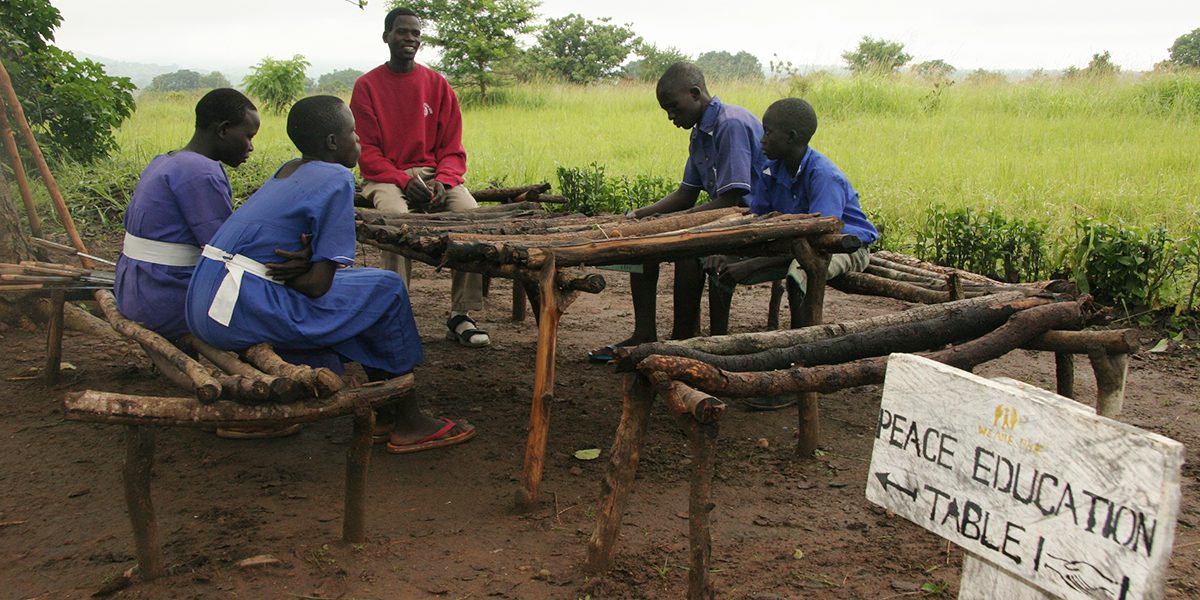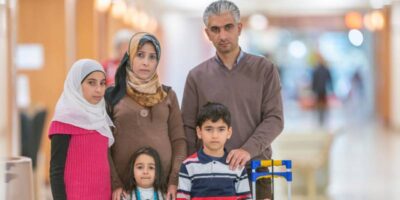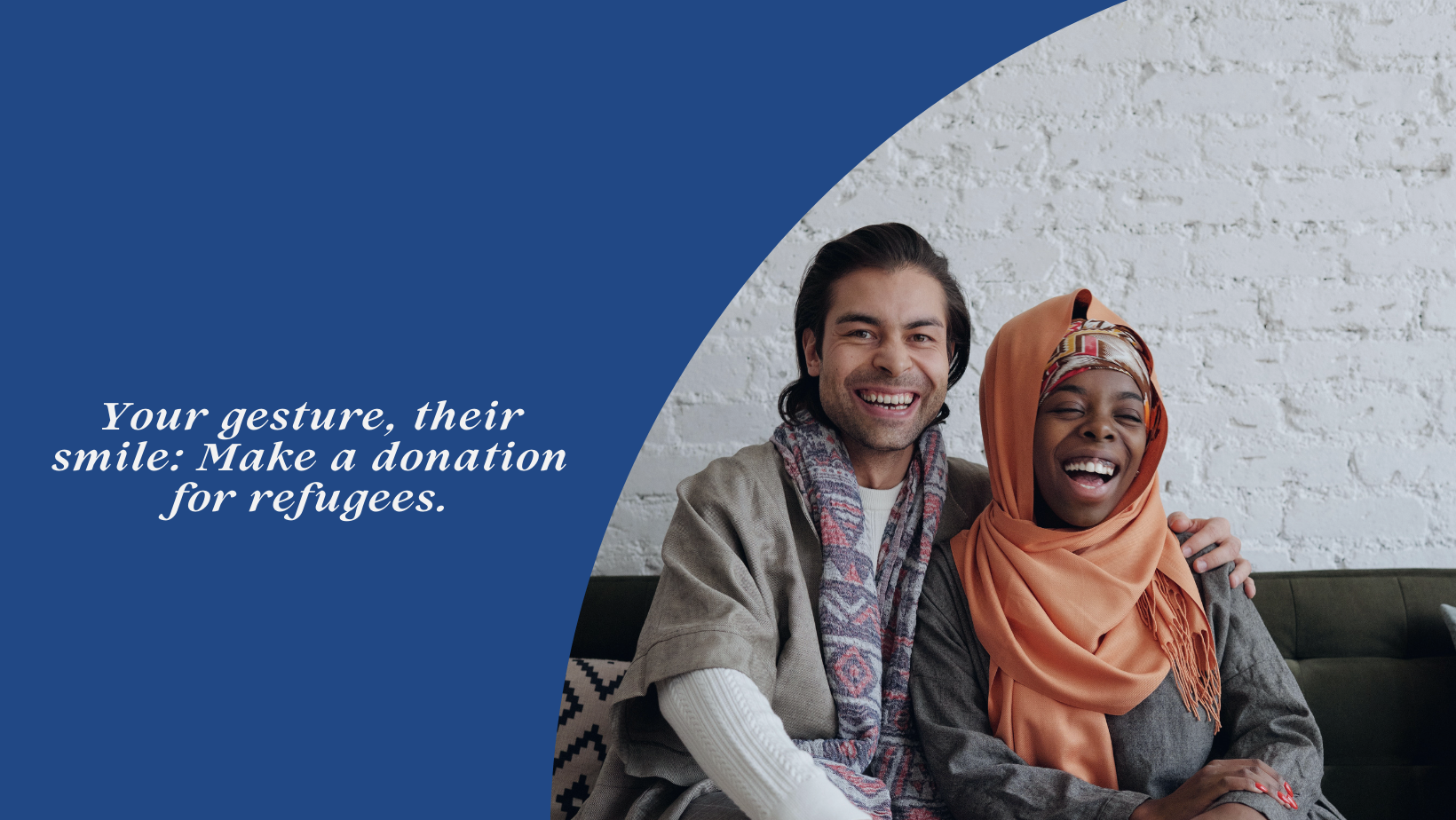Reconciliation

Prompted by urgent global realities and by needs perceived among refugees and host communities, JRS has chosen reconciliation as one of the four goals of its Strategic Framework for the years 2019 to 2023.
This emphasis builds on JRS’s long experience of building bridges through its projects and presence, and reflects the priority given by the Society of Jesus to the mission of reconciliation and justice, which it describes as “the call to share God’s work of reconciliation in our broken world.”
JRS articulates reconciliation as a journey to “create right relationships” among the refugees we serve, between refugees and host communities, and among our own teams around the world. Such reconciliation is rooted in justice and sought in dialogue among diverse religions, cultures, and groups.
JRS sees the urgent need to work for reconciliation and to build social cohesion in practically all the places it is present. This need is manifest in the personal and communal impacts of the human violence that drives displacement, especially when such violence erupts in poor countries, among groups living in close proximity, and leads to long periods of communal unrest and suspicion.
On their journey to safety and once they reach a host country, many refugees face varying degrees of hostility. The lack of welcome is due to complex factors, which differ from one place to another. Conspicuous are political movements that feed on cultural and economic anxieties, policies that reflect a shift away from solidarity, justice, and human rights, and a climate marked by growing xenophobia.
The JRS mission of reconciliation unfolds differently from place to place, with a focus on building bridges through education and among youth, and on creating spaces of hospitality and welcome. Priority is given to building the capacity of communities themselves to mobilise to work for reconciliation and social cohesion.
Programme Stories
A Syrian family is reunited in Canada after many hardships
27 November 2024



